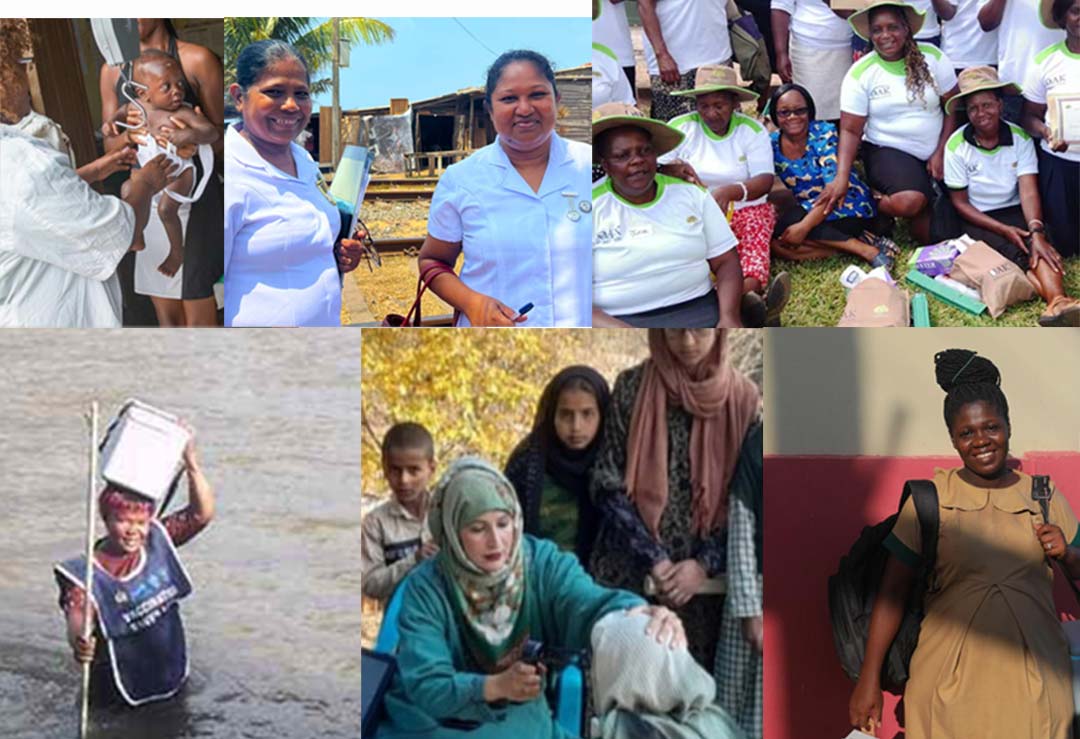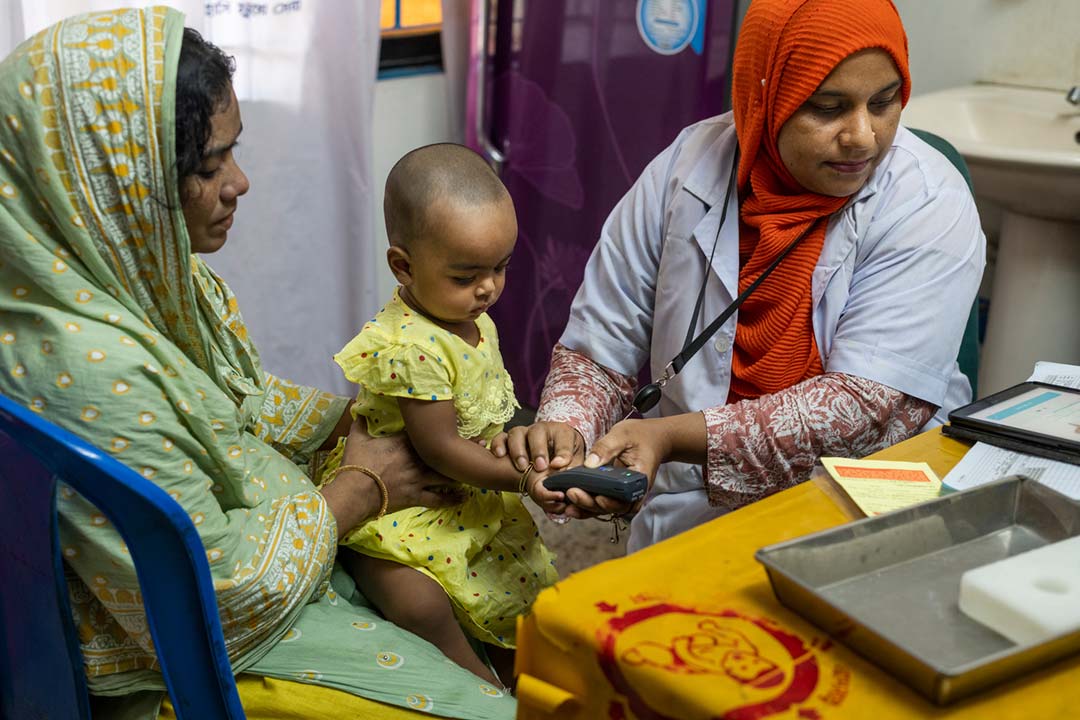The (modest) price of protection: Conditional cash transfers boost vaccination in Nigeria
A randomised control trial conducted in northwest Nigeria found that small financial incentives for caregivers could significantly improve childhood vaccination coverage.
- 1 June 2022
- 4 min read
- by Maya Prabhu

Around 77% of Nigeria’s children miss out on at least some of the routine immunisations recommended by the government, according to national data, and the country is home to 30% of the world’s completely unvaccinated kids under five.
Kids whose caregivers were given small cash incentives were 27% more likely to be fully immunised.
The significance of the holes in Nigeria’s immunisation safety net is not to be underestimated. Nigeria has one of the world’s highest under-five mortality rates – one in eight Nigerian children does not survive to their fifth birthday – and an estimated 40% of those premature deaths are attributable to vaccine-preventable diseases.
A variety of initiatives, both government-led and otherwise, are working to try and remedy that, by scaling up routine immunisation coverage in the country.
One of them, run by a non-profit called New Incentives, aims to bolster demand for vaccination by offering small cash incentive to parents and caregivers to get their children immunised. New Incentives’ rationale is straightforward: government clinics offer routine vaccines free of charge, but transportation costs money, and so does time off work. A modest conditional cash transfer (CCT) could offer the needed “nudge” to broaden vaccination coverage.
Financial incentives to access healthcare services have been used in many countries, including in delivering COVID-19 vaccines.
But does the model actually work? Evidence from a randomised control trial conducted in Nigeria’s northwest – the region with the lowest vaccination coverage in the country – between 2017 and early 2020 says yes.
What did the researchers do?
The trial, conducted by IDinsight, was carried out in the catchment areas around 167 government clinics across Katsina, Zamfara and Jigawa states. Eighty-four of these were designated to the treatment group, and 83 acted as controls. Endline survey data were collected between November 2019 and February 2020, at which point the trial included 5,173 children aged between 12 and 16 months.
In the treatment group, caregivers were offered conditional cash transfers of ₦500 (about US$ 1.2) for the completion of each of the four earliest routine childhood vaccination appointments. Together, these appointments covered the administration of the BCG vaccine (against tuberculosis), and three doses of each pentavalent vaccine (against diphtheria, tetanus, pertussis, hepatitis B and Hib) and pneumococcal conjugate vaccine (against the main cause of pneumonia).
Have you read?
The last of the five CCT-supported appointments was for the measles vaccine, recommended for babies aged nine months. This vaccine, marking completion of the schedule, was incentivised with a cash transfer of ₦2,000 (about US$ 4.82).
What did they find?
Kids whose caregivers were given small cash incentives were 27% more likely to be fully immunised – having received BCG, three doses of penta and measles vaccines – than children in the control zones.
Furthermore, the researchers found that among children who received the measles vaccine, those whose caregivers received a cash incentive were 33% more likely to have received it within a month of the recommended age. The incentive also improved timeliness of the administration of the first dose of pentavalent vaccine.
The intervention also appeared to spur indirect positive impacts: kids in the treatment zones had higher coverage for all major injectable vaccines, not just those incentivised by conditional cash transfers, and were more likely than their control-group counterparts to have visited a health clinic. “This suggests that the incentives are increasing interactions with the health facility, which may facilitate receipt of non-immunization health services, or result in continued use of health services if this first interaction was positive,” write the researchers.
Caregivers in the treatment zones were between 7% and 15% more likely to know where, when, and how many times to get their children vaccinated, and were mildly more likely (2%) to report favourable attitudes towards vaccination. The suggestion is, according to researchers, that “knowledge and favourable attitudes alone are insufficient; the incentive also induces caregivers to act.”
Finally, the researchers found that vaccine stockouts were less likely in the treatment-group clinics – probably because New Incentives programme staff would check the stock and quality of vaccines, and encourage clinic staff to procure more vaccine when inventory was low.
What does this mean?
In their report, the researchers recommend that Nigerian policymakers consider expanding access to conditional cash transfers for routine immunisation to other regions that are struggling to improve vaccination coverage – a demand-side supplement to supply-side initiatives that in early 2020, may have been bearing some fruit. The trial data showed “underlying increases in vaccination rates” in the wider study zone – meaning that the control areas, too, saw an uptick in immunisation coverage, though a much smaller one.
Since then, of course, the pandemic has caused large-scale disruption to routine immunisation globally. Measles – the so-called canary in the coalmine of infectious diseases – has resurged, with Nigeria numbering among the five countries in the world with the largest infection figures. Now, more than ever, creative, diverse approaches for better vaccination coverage are called for.









